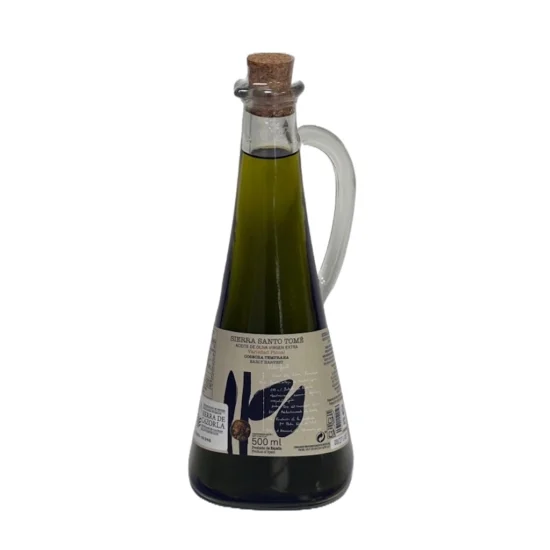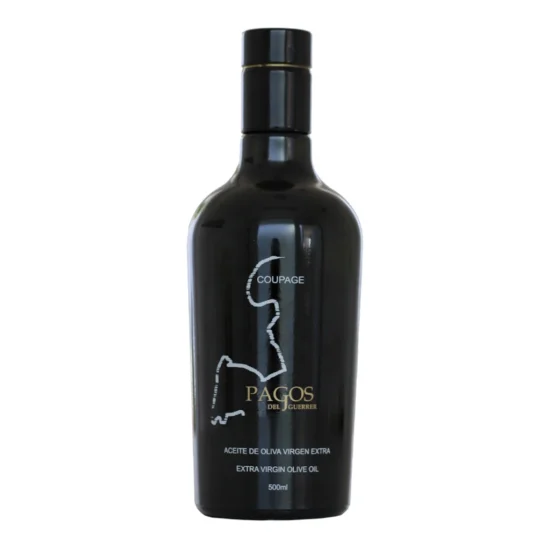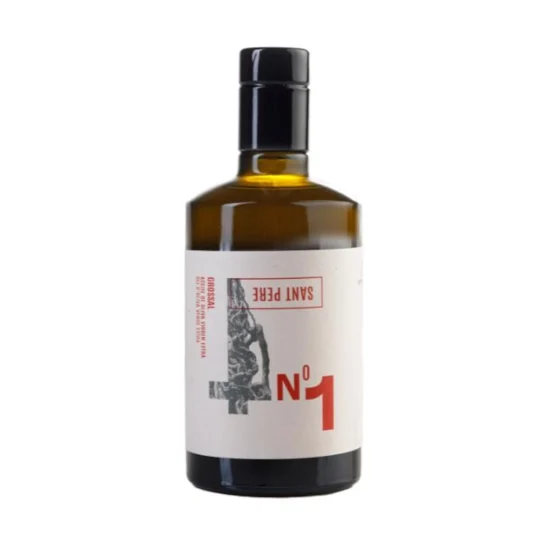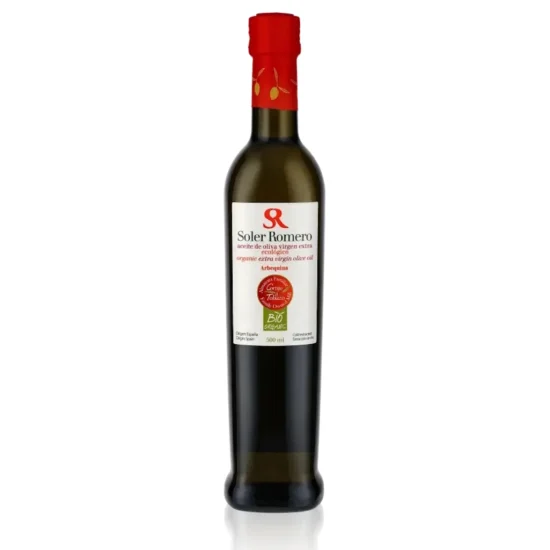Perhaps the most convincing argument medical research has to offer is the long-term observation of the Mediterranean diet. Olive oil is healthy and a key component of the healthy Mediterranean diet (Mediterranean diet) and has thus been the primary source of fat for all people in the Mediterranean region since ancient times. The health-promoting effects of olive oil are therefore not a fad.
The positive effects of olive oil are far-reaching. It has been shown that certain ingredients in olive oil counteract cell aging and reduce the incidence of age-related cognitive decline such as Alzheimer’s and Parkinson’s.
Olive oil also has a preventative effect on the development of thrombosis, prevents excessive acid production in the stomach (thus preventing heartburn), lowers LDL cholesterol levels, and has a positive effect on the function of the pancreas and bile.
Along with cardiovascular disease, cancer is one of the leading causes of death worldwide. According to the WHO, 10 million people died of cancer in 2020. According to the WHO, breast cancer is the most common cancer and the fifth deadliest, while colon cancer is the third and second deadliest.
In general, previous epidemiological studies of Mediterranean populations following a traditional Mediterranean diet high in extra virgin olive oil found fewer cases of breast cancer and colon cancer than other European or North American populations.
Since the discovery of the role of polyphenols in fighting cancer in the mid-2010s, much research has been devoted to the role of the Mediterranean diet in cancer. Remember that, in addition to EVOO, the Mediterranean diet also includes the abundant consumption of fruits, vegetables, seeds, and whole grains, many of which contain other polyphenols.
Where olive oil is particularly healthy is that olive oil plays an important role in the maturation of new nerve cells. And that’s not all, because olive oil is said to have cardioprotective, antioxidant, anti-inflammatory, antibacterial, and, last but not least, protective properties against cancer.
Hundreds of studies over the years have shown that polyphenols are responsible for a wide range of benefits, from reducing the risk of prostate and breast cancer to mitigating the effects of dementia.
In this sense, historical research from 2015 showed that oleocanthal, a polyphenol found in extra virgin olive oil, can modify and even kill cancer cells. Oleocanthal does this by disrupting a portion of the cancer cells, releasing an enzyme that causes cell death without harming healthy cells.
Therefore, EVOO-based treatments show promise in the fight against breast and colon cancer. In fact, this study had a “”snowball effect on the world”” of cancer research, leading to the development of oleocanthal-based treatments for certain forms of breast cancer.
Another study published in 2014 showed that, in a laboratory setting, hydroxytyrosol, secoiridoids, and lignans, three types of polyphenols, inhibited the growth of colon cancer cells. Polyphenols achieved this by mimicking the signal of the estrogen receptor β, which is the body’s natural defense against the growth of cancer cells in the colon. Only when the signals sent by this receptor diminish does the disease begin to spread.
While researchers in particular were unable to isolate any foods that appeared to have the desired effect against bladder cancer, experts suggested how the combination of foods during digestion and their anti-inflammatory properties played a role in achieving the results.
Consuming a Mediterranean diet has also been linked to a lower risk of prostate cancer in men. A diet high in trans fats and saturated fats causes oxidative stress in bladder cells, resulting in DNA damage. And this DNA damage can lead to cellular mutationsions that cause cancerous tumors.
However, the polyphenols contained in EVOO and other foods of the Mediterranean diet have the opposite effect: They prevent oxidative stress in these cells and thus the development of cancerous tumors.
The term “”remedy”” should be used very cautiously, because many of these properties have been studied in isolation in the laboratory and have not been tested in the treatment of diseases. Nevertheless, the balanced mixture of monounsaturated fatty acids and secondary plant compounds in olive oil clearly remains a very healthy alternative to animal fats.
Since 2011, manufacturers have been allowed to explicitly refer to the health-promoting effects of olive oil, but only if certain conditions are met. These requirements are regulated by the Health Claims Regulation of the European Food Safety Authority (EFSA). Strictly speaking, not all olive oil is equally healthy, but only olive oils with a high content of certain ingredients.
The health benefits of olive oil are primarily based on monounsaturated fats and polyphenols. However, not all olive oils are the same. In fact, the most notable health benefits belong to a single category: extra virgin olive oil (EVOO).
Olive oil has long been considered the healthiest fat available. The Greek poet Homer called it “”liquid gold,”” while Hippocrates, widely considered the father of medicine, referred to it as “”the great healer.””
Thousands of studies have been published linking the consumption of extra virgin olive oil to a wide range of benefits, from known heart-healthy properties to other, less documented properties, such as increasing testosterone in men with insufficient testosterone levels.
For thousands of years, people in the Mediterranean region have consumed olive oil as the main source of fat in their diet. It has therefore been suggested that this is one of the reasons why we live longer than our neighbors to the north and across the Atlantic, who consume animal fats.
In 1958, Ancel Keys, a physiologist at the University of Minnesota, postulated a link between people’s diets and observed incidences of coronary heart disease. In particular, Keys’ well-known Seven Country Study was the first to point out that not all dietary fats are created equal.
The study results showed that Greeks, despite their high-fat diet, with olive oil being the main source of fat, were less likely to develop heart disease. In parallel, other countries with high-fat, meat-based diets had higher rates of heart disease. In fact, these findings increased the popularity and fame of the Mediterranean diet outside the Mediterranean basin.
According to the World Health Organization, cardiovascular disease is the leading cause of death worldwide. Specifically, in 2019 alone, an estimated 17.9 million people died from cardiovascular diseases, including heart attacks and strokes, almost a third of global deaths.
On the other hand, an April 2020 study published in the Journal of the American College of Cardiology concluded that consuming just half a tablespoon (8.8 milliliters) of olive oil per day could reduce the risk of heart disease by 14%. The researchers reached this conclusion after monitoring the health and nutrition data of 93,000 adults for 24 years.
According to a 2022 study published in the Journal of the American College of Cardiology, olive oil may also help protect the heart from certain diseases. Specifically, this study approached the topic from a slightly different angle. More than 60,000 women and more than 31,000 men without cardiovascular disease were followed for 28 years, with a dietary survey every four years.
Important Note: aceitedelcampo.com promotes the consumption of extra virgin olive oil for its culinary qualities and health benefits. However, no medication or current treatment should be replaced without the guidance of a healthcare professional.




ALZAYT EXPORT SL
info@aceitedelcampo.com
C/ Eduardo Bosca 19, 2-5
46023 Valencia
Subscribe and receive a coupon by email for your next purchase.